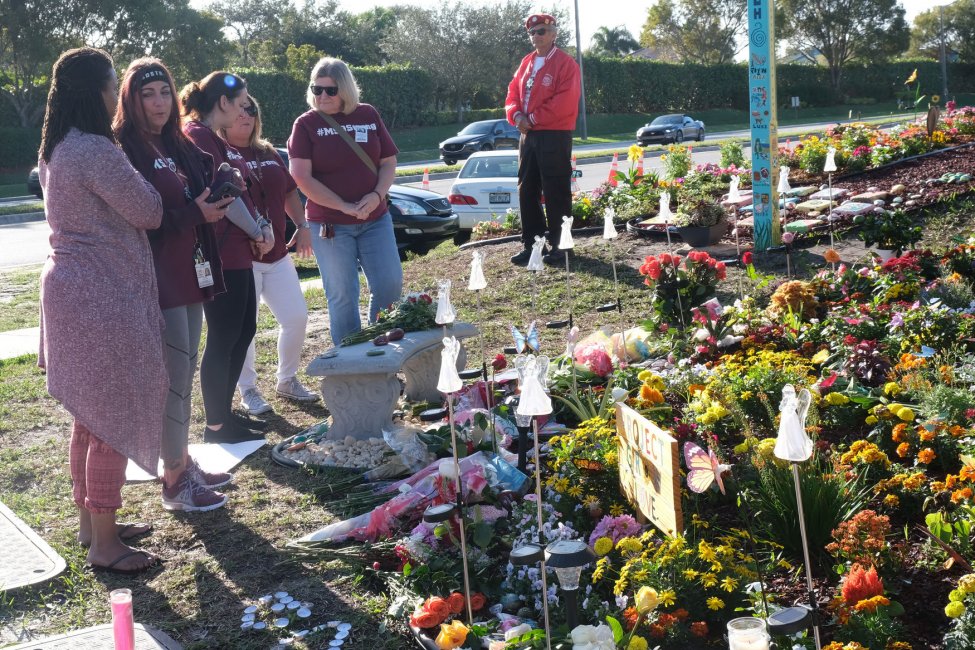Nov. 1 (UPI) — Concerns about gun violence at their schools or other places they go has put high school students at increased risk for anxiety and other mental health conditions, a study published Monday by JAMA Network Open found.
Of roughly 2,200 11th- and 12th-graders at 10 schools in Los Angeles, 38% said they were “very or extremely concerned” about shootings or violence at their school or others, the data showed.
Roughly one-third of the participating students described themselves as “worried” about these events, while 15% used the word “stressed.”
After assessing students for anxiety and panic disorder with a commonly used scale, being concerned, worried or stressed about shootings or violence in schools was found to raise risk for generalized anxiety disorder by 31%, according to the researchers.
Students concerned, worried or stressed about shootings or violence also were 18% more likely to develop panic disorder, the data showed.
“Today’s adolescents have a lot to worry about, and our study suggests that worries about school violence and shootings are a common source of stress that may contribute to mental health problems,” study co-author Kira E. Riehm told UPI in an email.
“Our findings also highlight the need for mental health education to be a formally legislated component of school curricula,” said Riehm, an epidemiologist at Columbia University Mailman School of Public Health in New York City.
A 2018 Pew Research poll found that more than half of all elementary, middle and high school students nationally are worried about the possibility of a shooting happening at their school.
Meanwhile, a separate Pew Research survey revealed that 70% of teens ages 13 to 17 reported anxiety and depression as major problems among their peers.
For this study, Riehm and her colleagues surveyed the Los Angeles high schoolers three times, each six months apart, over an 18-month period in 2015 and 2016.
They also asked participating students to report symptoms of generalized anxiety disorder, depression and panic disorder based on the Revised Children’s Anxiety and Depression Scale, a 47-item questionnaire commonly used in the initial diagnosis of these conditions.
Participants who expressed concern, worry or stress about violence at school were more likely to report symptoms of generalized anxiety disorder and panic disorder, but not depression, the data showed.
Generalized anxiety disorder is characterized by excessive, uncontrollable and often irrational worry about events, according to the National Institute of Mental Health.
Panic disorder is a similar condition that causes panic attacks, or sudden periods of intense fear, that may include heart palpitations, sweating, shaking or shortness of breath.
Less than 3% of teens nationally have been formally diagnosed with either of these disorders, the institute estimates.
“In addition to the essential role of stronger gun violence prevention policies to reduce the incidence of school shootings, policies that reduce school violence and encourage a positive school climate could be helpful,” Riehm said.
“This could include a range of prevention strategies, such as teaching conflict mediation to students and staff and developing connections with the community to foster a sense of inclusion and purpose,” she said.
